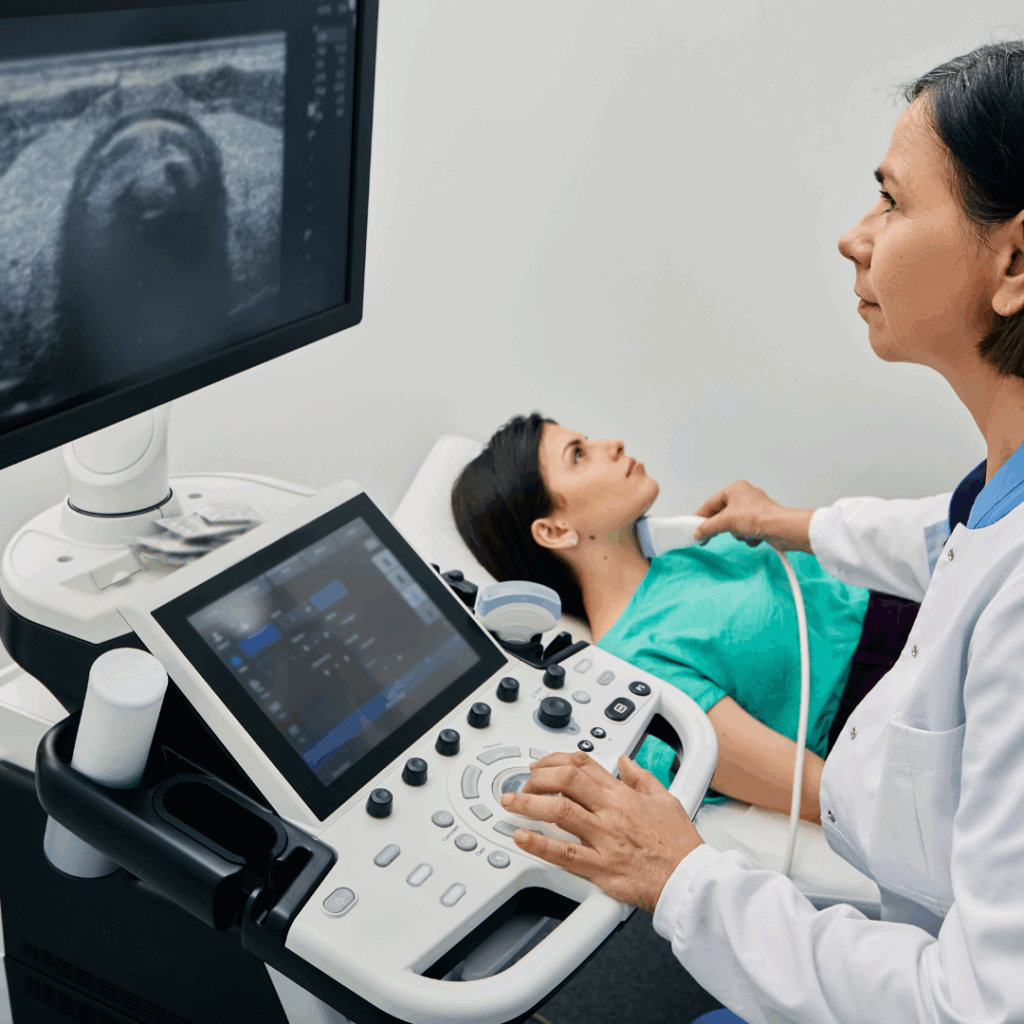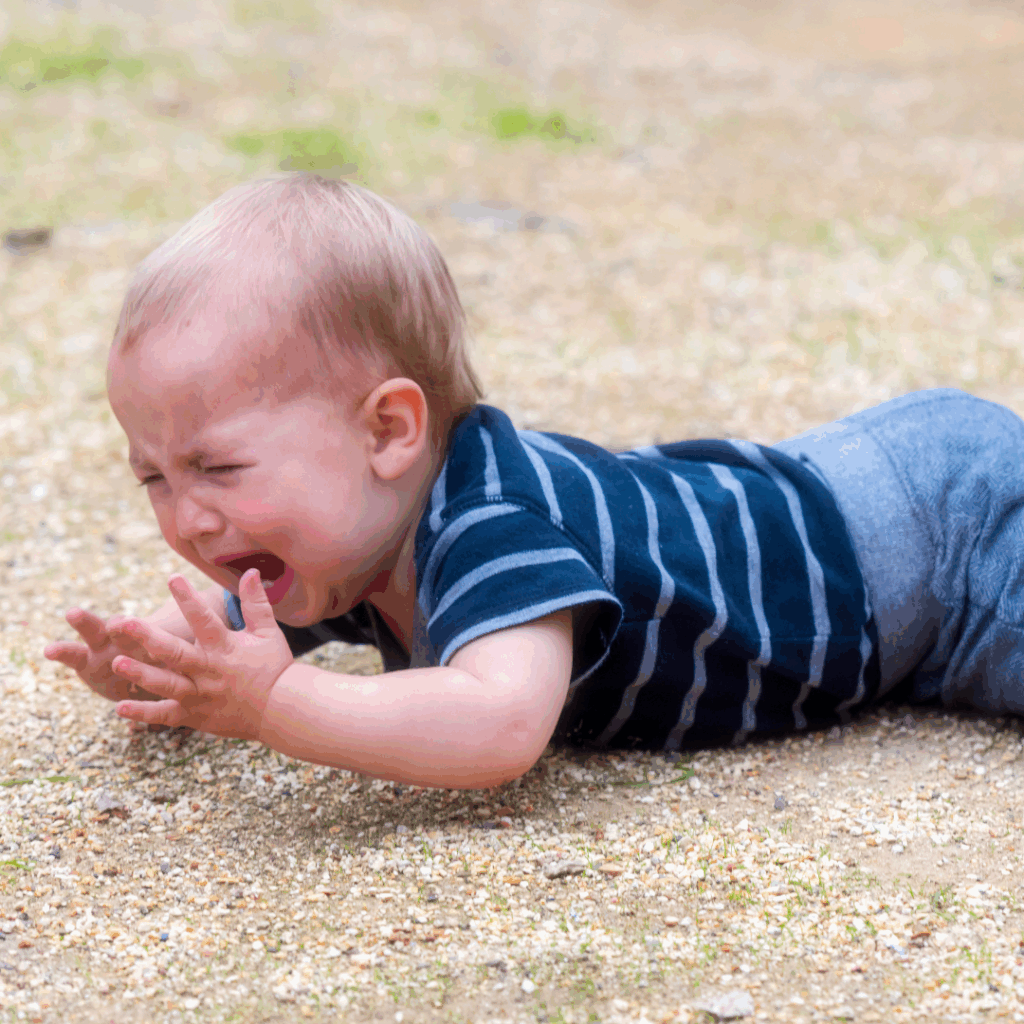Childbirth is an incredible experience, but it is not without risks. In some instances, complications can occur during birth or surgical procedures, leading to gynaecological injury claims. While medical professionals are trained to minimise these risks, there are instances where medical negligence or malpractice can result in significant harm to both the mother and the baby.
Some common medical malpractices during childbirth include hysterectomy, oophorectomy, embolisation, laparoscopic sterilisation, bladder perforation, and perineal tear. It is crucial for expectant parents to be aware of these potential complications, and to understand their rights and options in the case of medical negligence or malpractice.
Key Takeaways
- Medical negligence during childbirth can result in injuries to both mother and baby
- Childbirth complications can involve procedures such as hysterectomy, laparoscopic sterilisation, and more
- It is essential for expectant parents to understand their rights and options in cases of medical negligence or malpractice
Birth Injury to The Mother Claims
Childbirth is usually a joyful experience for a mother, but unfortunately, it does not always have a positive outcome. Sometimes, injuries occur during childbirth, leading to physical and emotional distress for years to come. In such cases, mothers might be eligible to make a claim if they receive inadequate antenatal care.
Pelvic Organ Prolapse Claims
Pelvic organ prolapse is a distressing condition that occurs when pelvic muscles are weakened or damaged, leading to the displacement of organs within the pelvis, such as the uterus, bladder, and rectum. This condition can cause bladder and bowel dysfunction and discomfort or numbness during sexual activities.
Pudendal Nerve Damage Claims
A mother might have a medical negligence claim if improper management of her labour led to a difficult delivery, or if her baby should have been delivered by caesarean section but was not, resulting in pudendal nerve damage.
Perineal Tear Injury Claims
Perineal or vaginal tears are splits in the skin and muscles between the vagina and the rectum, commonly occurring during natural childbirth. While they can be a normal part of vaginal births, negligent medical treatment can also cause these tears.
Effects of Perineal Tear Injuries
Women who deliver babies weighing more than 8lb or 4kg are more likely to experience a perineal tear. The risk is also higher during rapid second-stage labour or when assisted delivery (using forceps or ventouse) is necessary.
Injuries from perineal tears can cause severe pain in the pelvic and abdominal areas, potentially hindering the bonding process between mother and child and increasing the risk of postnatal depression.
Long-lasting symptoms can significantly impact a woman’s life, causing serious pain and suffering. In cases where a perineal tear injury seems inexplicable, it may be beneficial to review medical records to determine whether medical negligence took place.
Childbirth Injury Claims
Birth injuries to a child can result from medical negligence, affecting both the mother and the newborn. Several types of birth injuries may occur due to negligence during childbirth.
Cerebral Palsy Claims
Cerebral Palsy is a birth condition affecting muscle tone, movement, and coordination, potentially causing speech, vision, and hearing difficulties, as well as learning disabilities. The condition is sometimes caused by negligence of healthcare professionals. Common causes of Cerebral Palsy due to negligence include inappropriate response to abnormal CGT trace, improper administration of Oxytocin/Synclinem, injuries caused by forceps/vacuum delivery, and failure to perform a caesarean section when required.
Erb’s Palsy Claims
Erb’s Palsy is a condition that may occur if a baby’s upper arm nerves are damaged during childbirth. This affects the spinal cord’s capacity to send messages to the arm, resulting in partial or full paralysis. Symptoms include pain or difficulty moving the arm, numbness, and circulatory, muscular, and nervous development issues.
Facial Paralysis Claims
Facial paralysis is a common cause for childbirth malpractice claims. The loss of voluntary muscle movement in a baby’s face may be caused by pressure on the facial nerve during birth. To make a facial paralysis claim, one needs to prove that a third party’s negligence caused the birth injury.
Spinal Injuries Claims
Spinal injuries can occur during childbirth due to medical practitioner negligence or undiagnosed spinal damage before birth. To make a spinal injuries claim, it is necessary to consult an experienced solicitor who will guide through establishing liability and pursuing the claim.
Fractured Bones Claims
Infant skull fractures may occur during childbirth due to instrument damage, such as from forceps or vacuum extractors, or from rare bone diseases. To make a claim for fractured bones during childbirth, it is crucial to establish that a third party caused the injury through negligence.
Lack of Oxygen (Hypoxia) Claims
Hypoxia refers to a baby not receiving sufficient oxygen to its brain before, during, or after delivery. If not treated correctly, it can lead to permanent conditions like cerebral palsy or cognitive deficiencies. To claim for hypoxia, it is required to establish that the condition occurred due to someone else’s negligence.
Untreated Jaundice Claims
Although jaundice is common in newborns, untreated severe jaundice can result in kernicterus, a form of brain damage caused by elevated bilirubin levels. This condition can lead to athetoid cerebral palsy and hearing loss. If a baby becomes ill due to untreated jaundice, it may be possible to make a claim.
Other Gynaecological and Obstetric Injury Claims
In certain situations during childbirth, medical professionals may need to use tools like forceps for safe delivery. However, if forceps are not utilised properly, it could result in injuries to the mother or baby. Examples of medical negligence leading to forceps injury claims consist of:
- Inappropriate handling of the baby during delivery
- Insufficient reaction to an urgent scenario
- Inflicting blunt force trauma to the mother or baby
- Prolonged pressure on the infant’s body due to delayed removal from the birth canal, caused by improper forceps application
- Injuries from vaginal tears
If an individual experiences an injury due to incorrect use of forceps by medical staff, consulting a personal injury solicitor promptly is advised.
How to Pursue Medical Negligence Claims for Childbirth Injuries
If a mother feels that she or her child received inadequate treatment during childbirth, she may consider seeking legal advice from a solicitor who specialises in medical negligence cases. The process can seem overwhelming, but following these steps can help guide victims through the process.
- Seek legal adviceThe initial step is for the solicitor to obtain the medical records from the attending doctor. The solicitor will review the records and consult an independent medical expert to determine whether the treatment given was below the standard of care expected.It’s essential to research the solicitor’s experience in the area of medical negligence before seeking their assistance.
- Determine negligence and causationNegligence occurs when the care provided to the mother and/or child falls below the standard expected from medical professionals. It must be established that the negligent treatment led to further injury or damages.
- Collect evidence and medical opinionsCollaborating with medical professionals, usually a team of doctors, the solicitor will have the case reviewed within 21 days to identify any issues related to the treatment provided. A screening report can be obtained from experts in the UK, which can indicate potential issues before proceeding with a comprehensive report.Upon receiving a favourable report from the independent expert, the solicitor will discuss the next steps with the client. If the client agrees to move forward, a barrister will draft court proceedings on their behalf. Note that solicitors must have a promising independent expert report before filing a medical negligence lawsuit.
By following these steps and working closely with a solicitor who is experienced in medical negligence cases, mothers who feel that they or their children experienced negligence during childbirth can seek proper compensation and hold medical professionals accountable.
Time Limits for Birth Injuries Claims
The statute of limitations for birth injury claims involving medical negligence is typically two years from the time the alleged negligence occurred. However, certain exceptions can extend this time limit depending on the specific circumstances.
There are cases when the victim may not be aware of the negligence within the typical two-year time frame. In such situations, the time limit is considered to be two years less one day from the date of discovering the alleged negligence. For instance, a patient may learn about the negligence during a follow-up appointment or after reviewing their medical records. The discovery date is the point at which the victim should have been aware of the negligence.
Time Limits for Children
For medical negligence cases involving minors, the time limit differs. A person under the age of 18 cannot pursue a claim until they turn 18. They then have two years less a day from their 18th birthday to initiate legal proceedings. However, a parent or guardian may file a claim on behalf of the child before they turn 18 under the “next friend rule.” The court must approve any settlements, and the funds are held by the Accountant’s Office of the High Court until the child reaches 18 years old.
Time Limits for Individuals with a Disability
An exception also applies when the individual entitled to claim is either under a disability or has a cognitive impairment. In these cases, the time limit to initiate legal action is two years from the date the person is no longer under a disability or deceased, whichever occurs first. This is regardless if the typical two-year statute of limitations has expired.
Time Limits for Fatal Injury Claims
If medical negligence resulted in the death of the mother or child during childbirth, the dependents of the deceased may pursue a claim. If the deceased had been alive, they would have been eligible to file a personal injury claim and recover damages. However, this process allows only one claim on behalf of the deceased. The time limit for filing such claims is two years from the date of death or the date of knowledge of the person filing the claim, whichever comes later.
Pursuing a Medical Negligence Claim with HOMS Assist
HOMS Assist boasts over five decades of experience in providing clients with the necessary guidance for their medical negligence cases, ultimately leading them to a favourable resolution. Their team of specialist medical negligence solicitors has expert knowledge and a compassionate approach.
When dealing with cases, HOMS Assist takes the burden of investigating from the client’s shoulders, taking on the responsibility of obtaining medical records and consulting with a panel of medical expert witnesses – to ensure you receive the justice you deserve. If an expert finds evidence of negligence, they will proceed with legal action on your behalf.
Key Aspects of HOMS Assist’s Process:
- Over 50 years’ experience
- Expert advice from specialist solicitors
- Comprehensive investigation and engagement with medical expert witnesses
- Stress-free experience through attentive support
If you or a family member have experienced medical negligence during childbirth, you could be entitled to a birth & gynaecological claim. Reach out to HOMS Assist for a consultation on how to proceed: call them at 1800 207 207 or contact us online.
Frequently Asked Questions
What constitutes a birth injury caused by medical negligence?
A birth injury due to medical negligence occurs when a healthcare professional’s actions or inactions deviate from the standard of care, causing harm to the mother or newborn child during childbirth. This can include errors in diagnosis, treatment, or follow-up care.
Which injuries are most frequently sustained by newborns as a result of childbirth negligence?
Some common injuries sustained by newborns due to negligence during childbirth include cerebral palsy, brachial plexus injuries (such as Erb’s palsy), asphyxia-related brain damage, skull fractures, and spinal cord injuries. These injuries can sometimes result from improper forceps usage, failure to monitor the baby’s vital signs, delayed C-section, or inadequate prenatal care.
How can one establish a claim for birth trauma sustained during delivery?
To establish a claim for birth trauma, one must gather medical records, witness statements, and expert opinions to prove that the healthcare professionals involved deviated from the standard of care, which led to the injury. This may involve highlighting improper diagnosis or treatment, failure to monitor the mother or baby’s condition, or inadequate response to complications that arose during delivery.
What compensation can be expected from a successful birth injury negligence case?
Compensation in successful birth injury negligence cases can cover various aspects, including past and future medical expenses, loss of earnings (for parents who need to take time off work to care for the child), pain and suffering, and emotional distress. The final amount will depend on the severity of the injury and the circumstances of the case.
Which bone fractures are most commonly reported in neonates due to birth trauma?
The most common bone fractures reported in neonates due to birth trauma include skull fractures, clavicle (collarbone) fractures, and long bone fractures in arms and legs. These fractures can result from excessive force applied during the delivery or improper positioning of the baby.
What legal steps should be taken when pursuing a birth asphyxia-related brain damage claim?
When pursuing a birth asphyxia-related brain damage claim, one should first consult with a medical negligence solicitor who has experience with such cases. The solicitor will help in gathering evidence, consulting with medical experts, and building a strong case. The claimant should also keep all relevant medical records, documentation of expenses, and proof of any loss of earnings.









